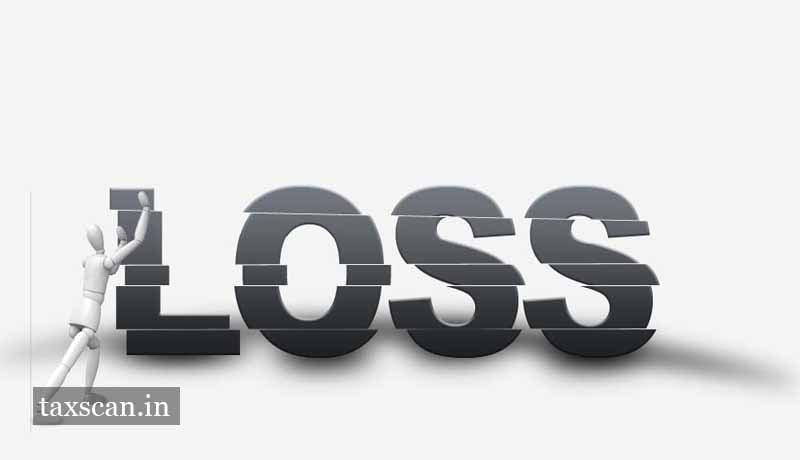Example of Losses You can Deduct from Your Income Tax

Currency Loss -ITAT -Taxscan
Currency Loss -ITAT -Taxscan
There’s no one that likes to make losses but there’s no making of profit without the risk of loss. While the certain loss is deductible, there are some that aren’t deductible.
To qualify for deductions, it must be a loss that can’t be compensated by insurance and it has to be sustained during the taxable year. If the loss happens to be a casualty or theft of the taxpayer or his family’s property, it must be a result of an occurrence that is identifiable, damaging, unexpected, and unusual.
Gambling Losses
Money received from winning in gambling (including winnings from poker, betting and online casinos) is taxable under the head income from other sources. It will be at the flat rate of 30% which amounts to 31.2% after adding excess.
However, no kind of deduction or allowance is allowed for this kind of income. The Income Tax Act under Section 80C or 80D gives no room for deduction for such income.
If you’re still doubtful of taxation for gambling winnings, you can read more in this online casino guide.
Exchange Losses
The foreign exchange market involves the trading of currencies and they take place on the foreign exchange market. It is a unique market and the trading volume is generally large. Therefore, there are losses from time to time.
Recently, the Bombay High Court held in the case of The Commissioner of Income Tax-5 Mumbai VS M/s Vinergy International Pvt. Ltd. that loss in foreign exchange is not a “speculation” loss and should be allowed as a deduction. This is according to section 37 of the Income Tax Act.
Stock Exchange Losses
When people trade in stock markets, they transfer the ownership of their stock or security in exchange for money. When stocks are sold within one year of purchase, the stock seller either makes short term gain or short term loss. If it is sold after one year of purchase, they make either long term gain or long-term term loss.
Short term gains are taxable at 15% + 4% cess under the Income Tax Act, 1961. Long term gains are not taxable up to Rs 1 Lakh. These long terms gain above the limit attracts a tax of 10%. Therefore, there are deductions for short term losses and deductions for long term losses(of 1 Lakh and more). This is backed by the Income Act under sections 80CC and 80CCE. You can read more about tax deduction for stock exchange losses on this guide by Aegon Life and plan your savings accordingly.
Medical Expenditure
Section 80DDB of the Income Tax Act, 1961 provides a deduction for money incurred for medical purposes. the benefit is extended to medical expenditure on the taxpayer himself or a dependent relative.
For resident individuals and HUFs (Hindu Undivided Families) below 60, a deduction of up to Rx. 40,000 is available. For senior citizens and super senior citizens, they have access to deductions of Rs 60,000 and Rs 80,000 respectively.


